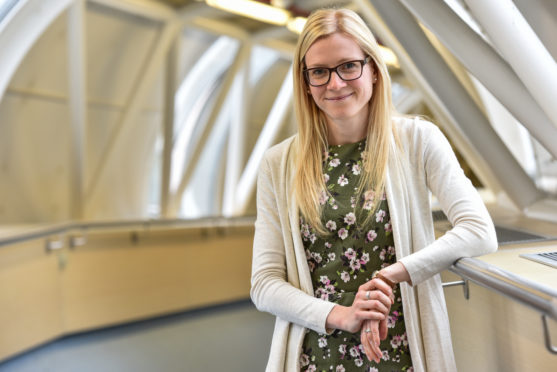A revolutionary cloning process that will help people with fungal infections will be taken forward using Aberdeen expertise.
The radical ‘cloned antibodies’ technique will be the basis of a new Aberdeen spin-out company based at the forthcoming BioHub in the Granite City.
It will be used to diagnose, treat and protect against stealth fungal infections, which claim more than 1.5 million lives every year worldwide.
Despite public health efforts, many people who contract fungal infections in their blood streams die, even if they can be identified and treated with antifungal drugs.
These therapies are often ineffective on their own and, increasingly, the infections are becoming resistant to treatment with existing drugs.
But the new technique, developed at the centre for Medical Mycology at Aberdeen University and funded by the Wellcome Trust and Medical Research Council, is the first to successfully deploy antibodies cloned from patients who have recovered from an infection caused by the fungus Candida.
In addition to causing thrush in more than one hundred million people every year, the fungus is also the fourth leading cause of serious life-threatening bloodstream infections in developed countries.
Dr Fiona Rudkin, who led the research and will steer future development, said: “There is an urgent need to develop better ways for diagnosing and treating life-threatening fungal infections.
“Human antibodies have revolutionised the way many cancers are treated and diagnosed and this research marks a huge step towards using similar antibody-based approaches to tackle fungal infections.”
Professor Neil Gow of Exeter University, who supervised the research while at Aberdeen, said: “Globally, fungal infections are under-recognised as a major killer.
“They are hard to detect and, for every day that we fail to diagnose a serious fungal infection, the chances of survival diminish.
“This research brings us a step closer to a day when we can use the antibodies generated by the human body to diagnose and treat fungal infections.”
